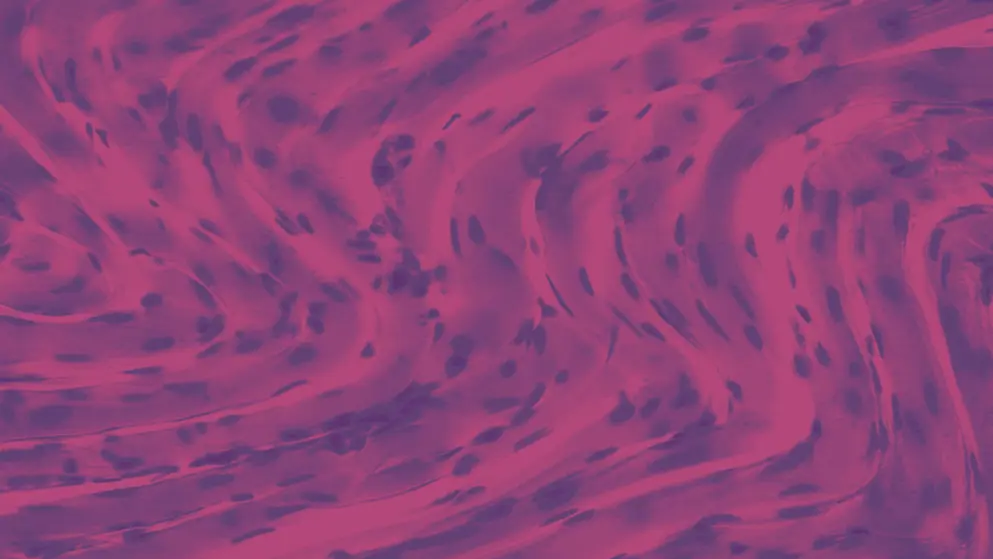
Unmet needs in Pompe disease roundtable
.
Unmet needs in Pompe disease: Highlights from World Muscle Society Congress 2022
On-demand video of the live roundtable with Q&A session
This event was on Wednesday 18 January 2023, 15:00 GMT
Release date: 09/02/2023, expiry date 09/02/2024
Watch the on-demand video of this live 30-minute roundtable, where speakers discuss the unmet needs and burden of Pompe disease, highlight the importance of early diagnosis, and review existing therapeutic options for managing this condition in light of recent developments presented at the WMS 2022 (agenda).
Live Webinar Roundtable Agenda
| Unmet needs in Pompe disease: Highlights from World Muscle Society Congress 2022 Date and time: Wednesday 18 January 2023, 15:00 GMT |
|
| Chair: Professor Jordi Díaz-Manera | |
| Introduction | Professor Jordi Díaz-Manera |
| Topic 1: Unmet needs and burden of Pompe disease | Mr Allan Muir |
| Topic 2: Early diagnosis of Pompe disease | Professor Benedikt Schoser |
| Topic 3: Treatments for Pompe disease | Professor Jordi Díaz-Manera |
| Q&A | All |
| Closing remarks | Professor Jordi Díaz-Manera |
Learning Objectives
This roundtable aims to improve awareness of:
- The current clinical and socioeconomical burden of Pompe disease, and the unmet needs regarding its early diagnosis, management, treatment, and monitoring
- Early Pompe disease diagnosis, understanding the signs and symptoms of infantile- and late-onset Pompe disease, common misdiagnoses, and strategies for confirming a diagnosis
- Treatments for Pompe disease, including enzyme replacement therapy (ERT), and the importance of monitoring disease progression, emphasising the need for a multidisciplinary team and patient involvement to ensure appropriate management
Meet the roundtable expert panel
Professor Jordi Díaz-Manera
Professor Jordi Díaz-Manera is Professor of Neuromuscular Disorders at Newcastle University, and Honorary Consultant Clinical Geneticist with the Newcastle Hospitals NHS Foundation Trust.
Jordi’s clinical research projects are focused on the characterisation of large cohort of patients with muscular dystrophies, the implementation of quantitative muscle magnetic-resonance imaging (MRI) for the diagnosis and follow-up of patients with muscular diseases, and the development of new outcome measures for clinical trials and natural history studies. His basic research interest focuses on the process of muscle fibre degeneration and the replacement of muscle tissue by fat and fibrosis that takes place in patients with muscular dystrophies.
Disclosures
Jordi Diaz Manera, MD - Advisory board or panel fees from Amicus, Astellas, Sarepta and Sanofi Genzyme. Grants/research support from Boehringer-Ingelheim, Spark, Sanofi and Sarepta. Other financial or material support from Boehringer-Ingelheim.
Mr Allan Muir
As the parent of a son with Pompe disease, Allan has been involved with the Pompe Community for over 30 years. He manages a national charity that supports Glycogen Storage Diseases for 9 years and has chaired the Pompe Support Network for three years. Allan is currently vice-chair of the International Pompe Association.
Disclosures
Allan Muir – Advisory board or panel fees from Amicus Therapeutics, Audentes Therapeutics, AvroBio and Maze Therapeutics.
Professor Benedikt Schoser
Professor Benedikt Schoser is senior consultant at the Friedrich-Baur-Institute, Department of Neurology at the Ludwig-Maximilians-University of Munich, Germany. He is member of the executive board of the World Muscle Society, and member of the European academy of Neurology panel for neuromuscular disorders.
Benedikt is interested in the pathogenesis and histopathology of muscular dystrophies, myotonic dystrophies, and metabolic myopathies. Within the neuromuscular research group at Friedrich-Baur-Institute, he is engaged in morphological and molecular analyses, including neuromuscular animal models. He has a special interest in translational gene therapy of myotonic dystrophies and glycogen storage disorders.
Disclosures
Benedikt Schoser, MD - Advisory board or panel fees from Amicus, Argenx, Astellas, Avrobio, Maze Therapeutics, PepGen, Sanofi and Taysha. Grants/research support from Amicus and Astellas. Speakers bureau fees from Alexion and Kedrion.
This content has been developed independently by Medthority who previously received educational funding from Amicus in order to help provide its healthcare professional members with access to the highest quality medical and scientific information, education and associated relevant content.
